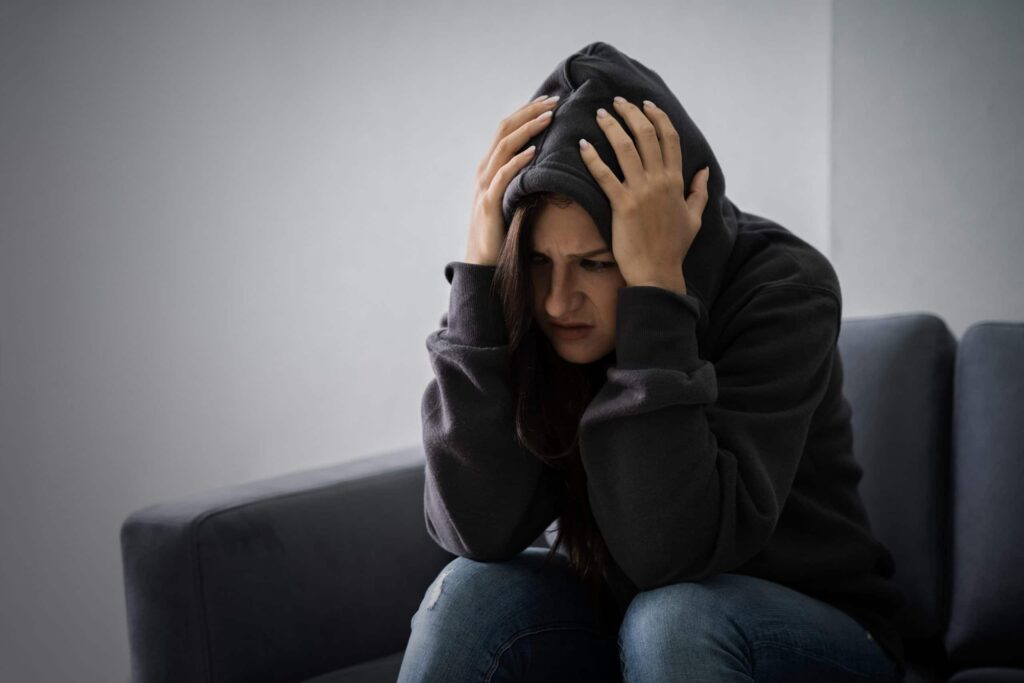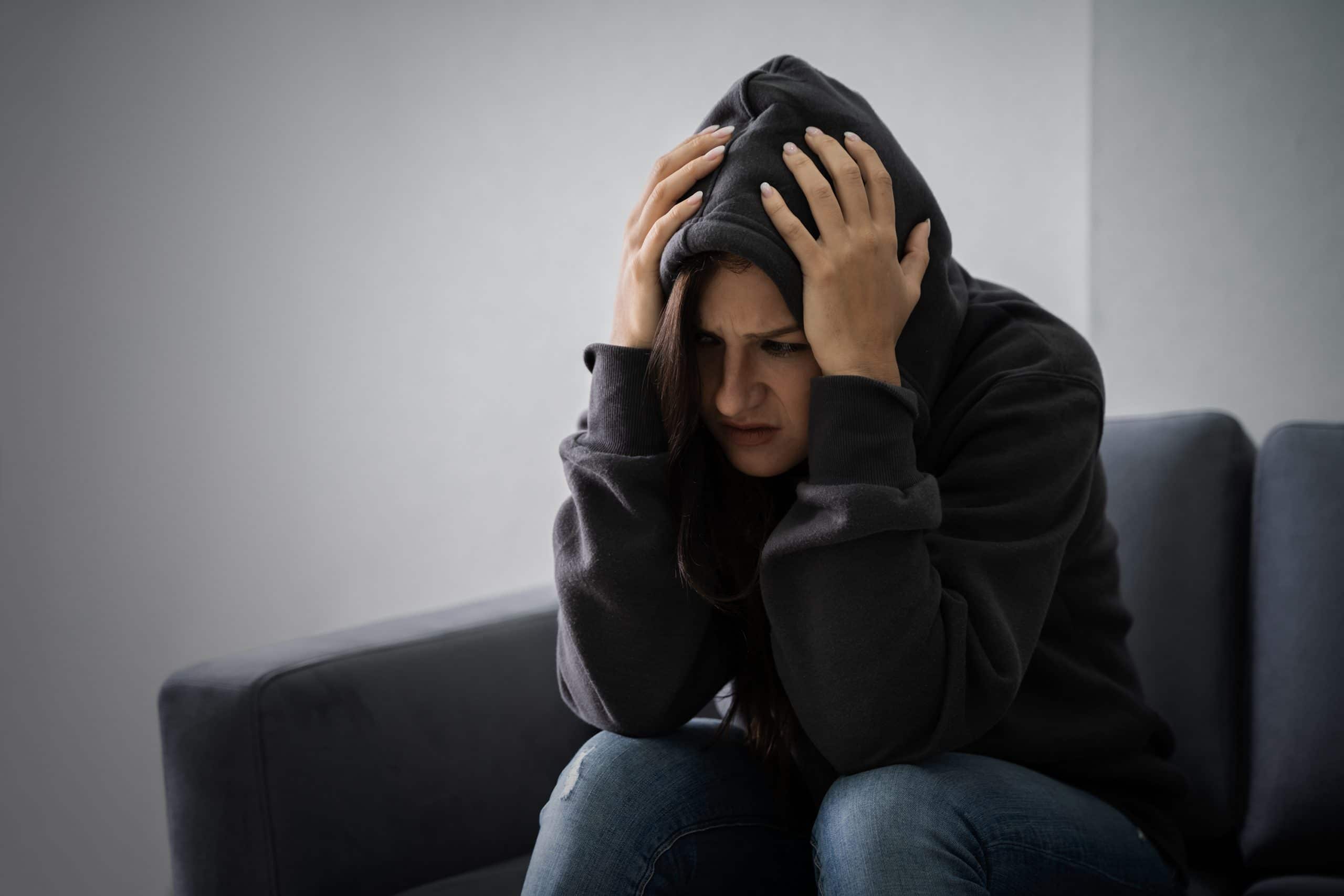
Are you wanting to quit alcohol or drugs but afraid of withdrawal symptoms? That’s part of the problem.
One of the major characteristics of addiction is the urge to continue with destructive behavior regardless of the consequences. Alcohol and drugs have disruptive effects on your brain as well as your body, which makes quitting difficult.
Fortunately, there are ways to get through this initial phase of sobriety using medication and psychological therapies. All you need is a little help and some time.
Here’s what to expect when you’re going through withdrawal.
The Withdrawal Process
The symptoms, onset, and recovery time of withdrawals depend on several factors. These include:
- The substance involved
- How long you’ve been using
- Your mental and physical condition
Let’s look at some of the most common addictive substances as an example of how this varies.
Short-acting opioids like heroin produce withdrawal symptoms with 36 and 72 hours and can take between 5 and ten days to subside.
If you’re taking long-acting opioids such as methadone, you’ll experience withdrawal symptoms about 48 hours after your last dose. These get increasingly worse until about day 3 and can take up to 21 days to diminish.
With alcohol, you’ll experience symptoms of withdrawal within 24 hours. These can stick around for about 10 days but some of them, like alcoholic seizures, are very serious.
Stimulants such as cocaine also produce severe symptoms of withdrawal. You’ll begin to experience these within 24 hours and you’ll need to put up with them for at least 5 days.
The longer you’ve been using the drug, the more accustomed your body becomes to it.
That means your system begins to rely on that substance for what can seem like it’s very survival. As a result, it resists this change quite forcefully in some cases, first with intense cravings and then by exhibiting withdrawal symptoms.
When you stop using drugs or alcohol, your body reacts with a range of side effects. These include nausea as well as aches and pains, learn more here.
Important Tips for Going Through Withdrawal
Since withdrawal symptoms can be severe in some cases, going cold turkey from alcohol and drugs is never a good option.
Medical supervision can save your life in some cases, and prevent you from relapsing out of desperation. It’s also important to get the psychological support you need during this process.
Medication and isolation in a rehab facility may help you stay off addictive substances in the short term, but it’s counseling that will set you on the path to recovery. Without emotional and psychological support, many addicts simply go back to their old ways.
You Can Do it!
No matter how bad you feel while going through withdrawal, it’s important to remember that it’s all for the sake of better health and a better life.
Keep your end-goal firmly in mind and take comfort in the fact that many people have it through this unpleasant phase before.
Take a look at some more of our blog articles for tips on how to safeguard and improve your health, as well as other feel-good tips.
